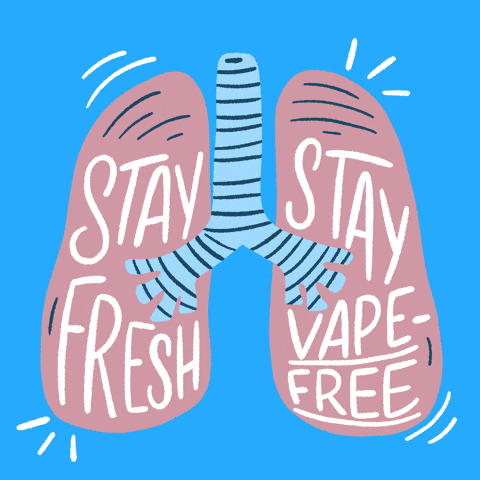- The Supper
- Posts
- Supreme Court Considers FDA's Ban on Flavored E-Cigarettes Amid Youth Addiction Concerns
Supreme Court Considers FDA's Ban on Flavored E-Cigarettes Amid Youth Addiction Concerns
Justices debate whether the FDA's denial of flavored e-cigarette approvals was fair or inconsistent, with implications for public health and industry regulation.
Over 30? Age On Your Terms with Senolytic Ingredients
Senolytic ingredients are the biggest discovery in aging science of the last decade, but very few people have started taking advantage of this medical breakthrough.
Senolytic Ingredients To The Rescue!
Helps naturally eliminate older, senescent cells.
Only needs to be taken 2 days a month.
Turn back the clock on your aging symptoms.
Helps Counter Age-Related Joint Challenges*
Senolytics are ingredients that promote our body’s ability to naturally eliminate these senescent or “zombie” cells.* .
In fact, the word “senolytic” means “destroy the old” in Latin (as in old senescent cells!).
Qualia Senolytic is clinically tested and combines 9 research-backed senolytic ingredients into a simple supplement you take just two days a month.
Almost like a “monthly cleanse” for aging.
This is the most cutting-edge formula in the world to support better aging.
These statements have not been evaluated by the Food and Drug Administration. This product is not intended to diagnose, treat, cure, or prevent any disease.

Vape Free
The Supreme Court heard arguments Monday regarding the FDA’s decision to block two e-cigarette companies, Triton and Vapetasia LLC, from marketing flavored products. The FDA had denied approval for products with flavors like sour grape and pink lemonade, citing concerns about the risk of youth addiction. The companies argue that the FDA changed its evaluation criteria mid-review and that flavored products could help adults quit smoking.
Lower courts upheld the FDA's decision, but the 5th Circuit Court of Appeals criticized the agency for changing the study requirements. The Supreme Court case centers on whether the FDA acted “arbitrarily and capriciously” in denying the companies’ applications.
Justice Clarence Thomas questioned whether the FDA's guidelines were inconsistent, but Department of Justice attorney Curtis Gannon defended the agency, stating it was clear from the start that the FDA was concerned about the products appealing to youth. Justices Brett Kavanaugh and Elena Kagan expressed skepticism about the companies’ claims, emphasizing that the FDA had been upfront about its concerns.
As teen vaping rates have fallen to their lowest in a decade, more than 1.6 million children still use e-cigarettes, with most opting for illicit flavored products. The FDA has authorized only 27 e-cigarette products, all tobacco-flavored, and has rejected millions of others. The case also raises questions about the future of the FDA’s approach to vaping under a new administration.

Reply